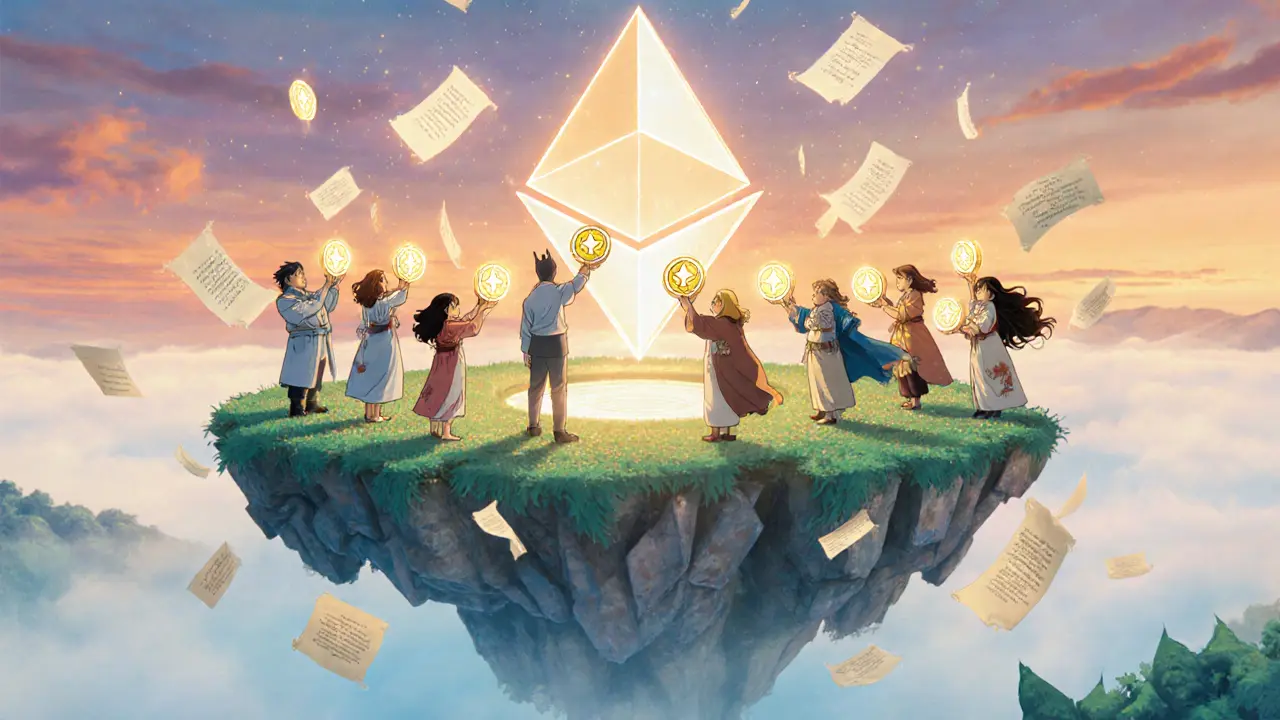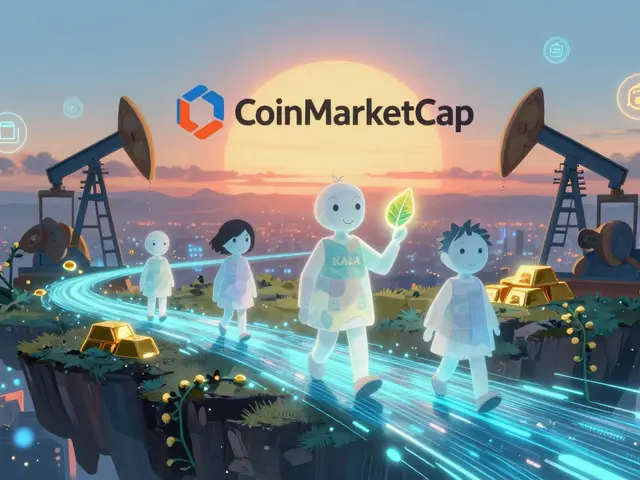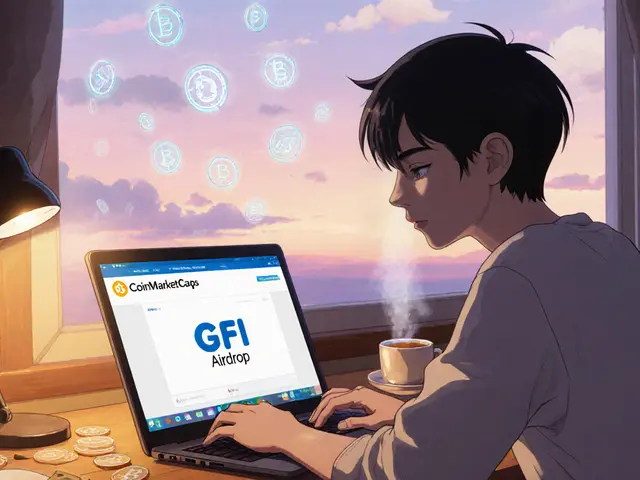Governance Tokens: How Crypto Voting Powers Decentralized Networks
When you hold a governance token, a digital asset that gives holders the right to vote on changes to a blockchain protocol. Also known as voting tokens, they’re the backbone of decentralized decision-making in projects like Uniswap, Aave, and Compound. Unlike regular crypto coins, governance tokens don’t just store value—they give you a say in how the network evolves.
These tokens are tied directly to DAOs, Decentralized Autonomous Organizations that run without central leaders, using smart contracts and token-based voting. Instead of a CEO or board making calls, token holders propose and vote on upgrades, treasury spending, or even new features. But here’s the catch: not all DAOs are equal. Some give real power to small holders. Others? Just a few wallets control over 80% of the votes. That’s why understanding tokenomics, the economic design behind how tokens are distributed, locked, and used for voting. matters more than just buying in.
Governance tokens don’t exist in a vacuum. They’re shaped by crypto voting, the process where holders submit and cast proposals on-chain, often requiring minimum thresholds to even be considered. Low participation? That means big holders decide everything. High participation? The network becomes truly community-driven. Projects like Shido DEX and PancakeSwap v2 have governance tokens—but if no one’s voting, the system is just a fancy label. Meanwhile, platforms like Morpheus and ExzoCoin 2.0 use tokens to reward users, but rarely let them vote on core rules. That’s not governance—that’s just a reward system.
What you’ll find in the posts below are real-world examples of how governance tokens work—or fail. Some projects give you real control. Others are just marketing. You’ll see how voting power is concentrated, how airdrops manipulate influence, and why some tokens are practically useless for decision-making. No fluff. Just what actually happens when users try to steer a blockchain.
DAO Governance Token Models Explained: How Voting Power Works in Decentralized Organizations
Governance tokens let token holders vote on decisions in decentralized organizations. Learn how token-based, reputation, and hybrid models work, the risks of plutocracy, and how to start participating in DAO voting.





